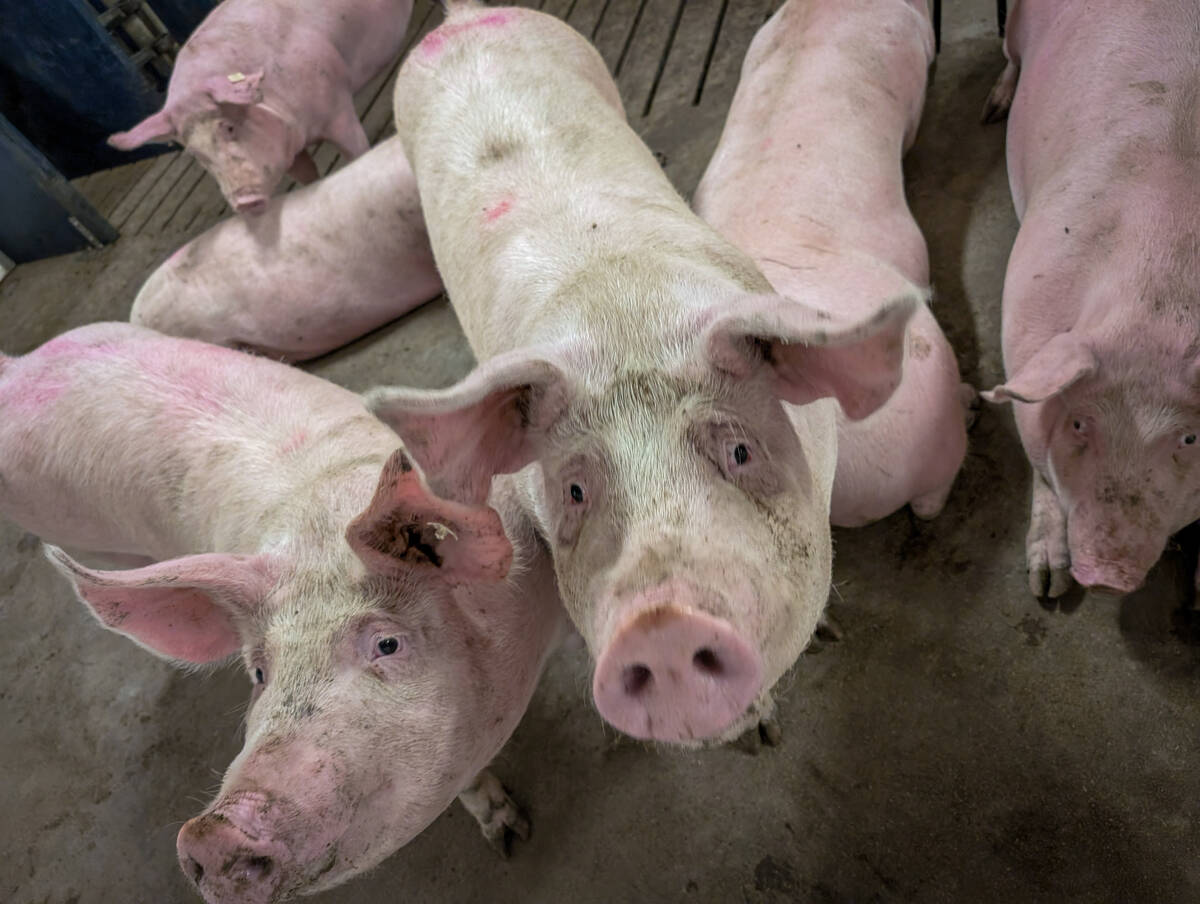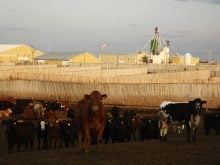The most gut-wrenching night of Allan Garbutt’s medical career happened when he was training in British Columbia.
Nine people were severely injured in a highway smash two minutes away from the Fernie hospital where he worked.
Adrenaline pumping and hearts pounding, he and five other hospital staff worked through the night while a single ambulance ferried the injured.
That is the lot of rural doctors and nurses, who encounter everything from trauma to runny noses, with little backup and limited resources.
“It’s surprising what you can do when you have to,” said Garbutt, who has been president of the rural section of the Alberta Medical Association for the past year.
Read Also

Pork sector targets sustainability
Manitoba Pork has a new guiding document, entitled Building a Sustainable Future, outlining its sustainability goals for the years to come.
“I don’t think anything could have prepared me for this.”
He always wanted to work in a small town but admits the sacrifices he makes for medicine take a heavy toll on family life. Yet he would not switch jobs with his city cousins.
“I love being a generalist in a small town,” Garbutt said.
That dedication does not exist among all small town health care professionals.
To improve conditions, the Alberta association set up a section of rural medicine three years ago. And it is starting to recognize rural practice is a specialty.
“Rural medicine is trying to define itself as a special branch of family medicine,” said Garbutt.
Yet it remains difficult to hire young people, who see no romance in being a country doctor.
There are about 570 rural doctors practising in rural areas out of 5,100 active physicians in Alberta. There are no statistics showing the number of rural nurses.
Efforts have been made to find weekend and vacation relief staff and bonuses have been offered to attract people. Sometimes there are perks and sometimes pleasing geography lures people to an area.
The smaller the town, the harder it is to fill positions.
Depends on the town
For the last seven years Garbutt has worked with five other doctors in the Crowsnest Pass area serving 10,000 people. In addition there is a growing tourist trade with 10,000 vehicles per day driving through the Crows-nest Pass.
People tend to stay in this region for a long time. Yet half an hour away, the Pincher Creek community has gone through 10 doctors in seven years.
Burnout and better opportunities elsewhere pull doctors away from small Alberta communities. Nurses are also in short supply.
“We have a great deal of trouble getting new nurses,” said Garbutt. “When they come we can’t offer them any full-time positions. They have to come on casual.
“At Christmas time and summer we need them badly. The rest of the time we can’t guarantee them enough shifts to pay their bills.”
In a large centre like Calgary or Edmonton, a nurse can work in several hospitals.
There is no similar opportunity in a small town.
Another problem for rural care is the training regime that stresses specialties. Fewer generalists are graduating who are capable of working in rural hospital situations where they typically see cardiac problems, respiratory cases, geriatrics and maternity patients.
Fewer students are entering nursing.
Garbutt said the problem will be exacerbated when a massive number of retirements among health-care professionals starts in the next five years.
Every health region across the Prairies is looking for staff and they are competing against the world.
“It is an international problem,” said Garbutt.

















